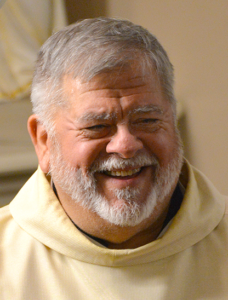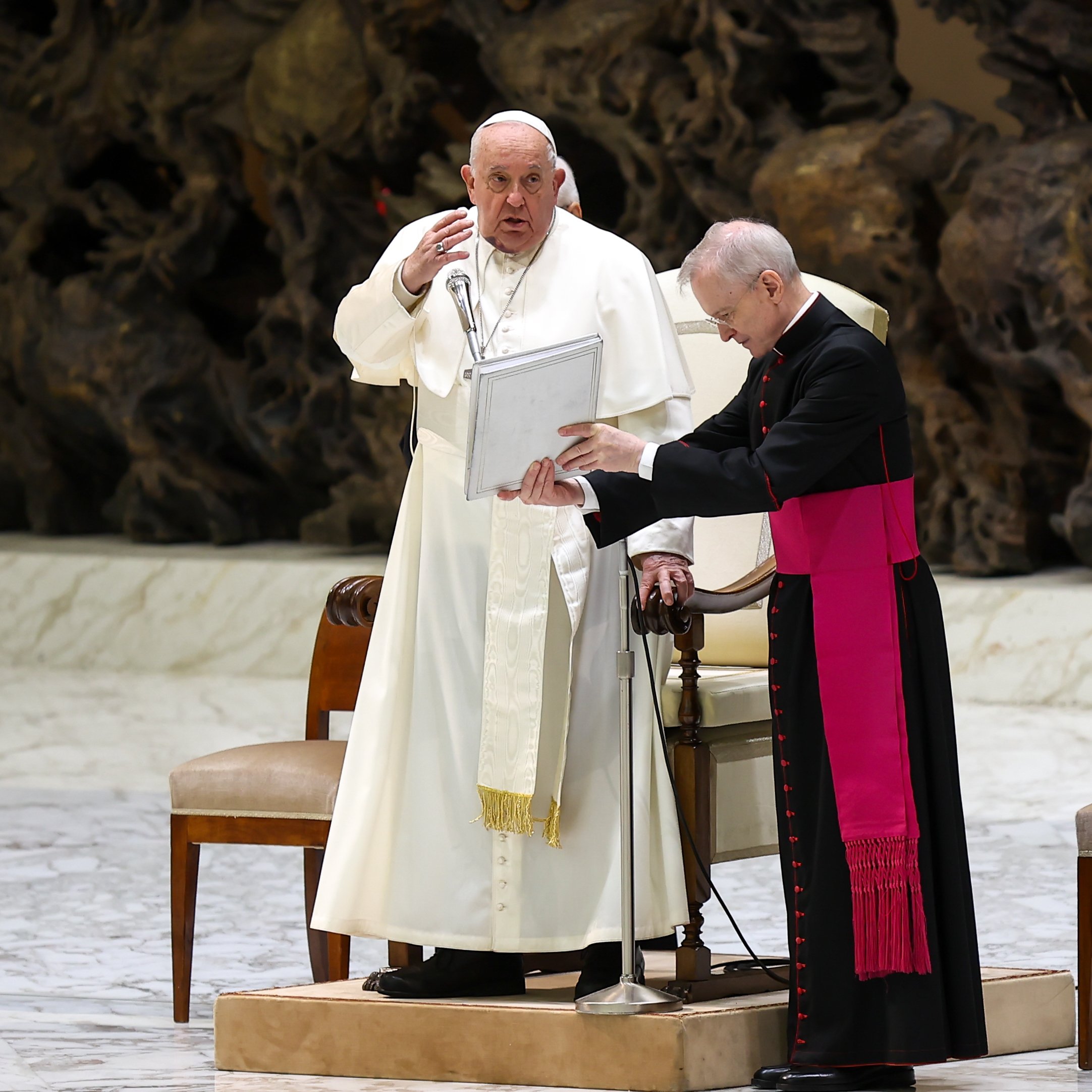SUNDAY SCRIPTURES FOR AUGUST 25 | Let’s commit to reading God’s Word and letting it form our lives
If we are unfamiliar with the context of the readings at Mass, we might miss most of the power of the Word

Imagine a patient’s reaction if, when preparing for surgery, the surgeon said that she had not read a book about surgery and hadn’t listened or performed well in training. The patient would likely run for the door and never revisit that doctor’s office. Imagine a person walking into a next business meeting and telling the boss that there had been no preparation for the conversation and no desire to learn more; that person would probably be looking for another job. How would someone react if a person asked them what is the least they would have to do to make them happy? That’s not a great way to nurture a relationship.
It is a tenet of our faith that the Bible is the Word of God. We believe that when we gather for the Eucharist, we experience the presence of God in the proclaimed Word. And yet it is true that, while still claiming to be Christians, many of us have little experience with the Scriptures regularly. If we attend Mass often, we hear the Scriptures proclaimed. But if we don’t know where it comes from or the context in which it is spoken, we miss most of the power of the Word.
Some of us were taught early on in our Catholic formation that we were not smart enough to read the Bible. We were to read Bible storybooks but not the Scriptures. That has certainly changed in recent decades, but some of us still use that as an excuse for not reading the Bible on a regular basis.
Whatever we may have been taught, it’s time for us to own up to the fact that we are probably not living up to our duty and privilege to read God’s Word and let it form and mold our lives. Here are a few practical hints for how to engage Scripture more often.
There are various ways to read Scripture. Rather than reading it quickly as if it is a duty to get out of the way, set aside some time for it to actually enter our minds and hearts. This necessitates setting aside about 15 minutes a day for us to accomplish that.
Certain steps are involved in committing to regular Scripture reading. The first step is to find our Bibles — that might mean blowing the dust off them and refamiliarizing ourselves with the contents. It may also mean we have to blow the dust off our minds and hearts and reconnect with the Scriptures.
Setting aside time to honor the Scriptures in life is crucial. Whatever our lifestyle or commitments, we all have 15 minutes that are within our control. Decide when those 15 minutes will be. Would it be better to try to do this in the morning before anyone else awakens? Is a better time after everyone else has gone to bed? Try out some segments of time regularly,
Dedicate the first minute or two to clear your mind and heart. Perhaps pick a phrase from the Scriptures that you know by heart. “Create in me a clean heart of God, “Your word, oh Lord, is a lamp to my feet,” or “To whom else shall we go?” Each of these phrases is from the Scriptures and might be a way to call your mind and heart to the presence of God in the Word.
As best you can, read through the Scripture, simply receiving it as a gift, not trying to understand or produce an effect. Receive it as a gift, as if it comes from God to you. Some of us are not very good at accepting gifts, so make sure you are as open as possible to receive the gift of the Scriptures and be grateful for that gift.
Reading it a second time, notice what words or phrases catch your attention. Notice what questions you have about the Scripture passage. It is not important to answer those questions as much as to notice your reaction.
When you have finished reading and receiving them as a gift, thank God for the gift of the Word.
Try not to give a grade on how well you did or to evaluate how purposeful the time was. As in any relationship, we want to savor the time together and not always judge the effectiveness of it. Be faithful, and we will be surprised at the fruitfulness of this time.
Father Donald Wester is retired and serves as lecturer of homiletics at Kenrick-Glennon Seminary.






